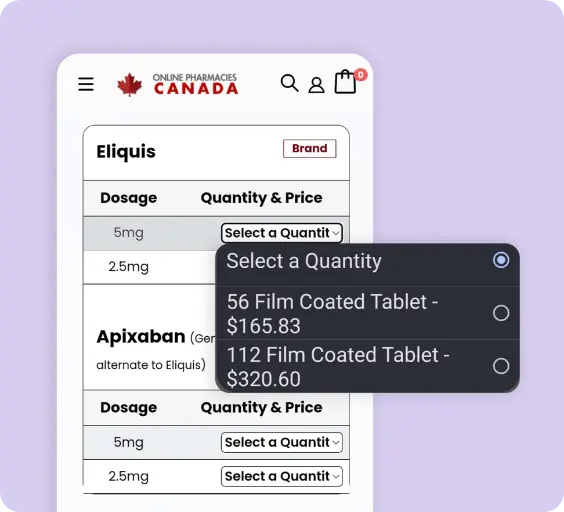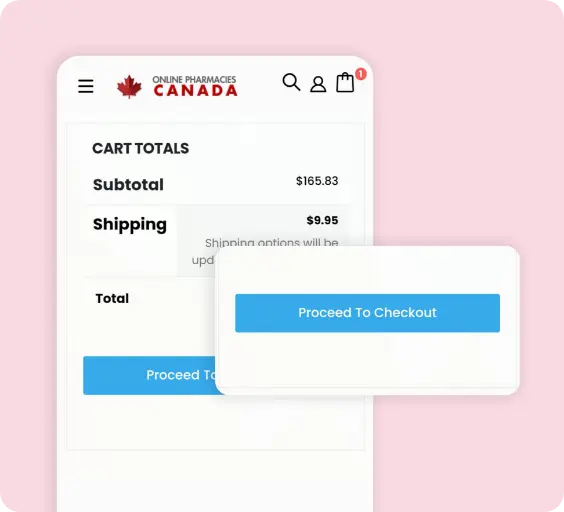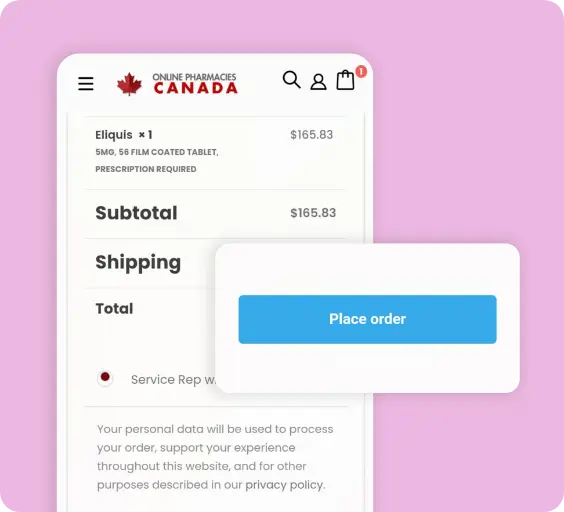Indications
Nexium (active ingredient: esomeprazole) is a prescription medication indicated for the following:
- Gastroesophageal Reflux Disease (GERD): Nexium is used for the treatment of symptomatic GERD and to heal erosive esophagitis.
- Helicobacter pylori Eradication: Nexium, in combination with appropriate antibiotics, is indicated for the eradication of Helicobacter pylori (H. pylori) in patients with H. pylori infection and duodenal ulcer disease.
- Erosive Esophagitis: Nexium is indicated for the healing of erosive esophagitis and for the maintenance of healed erosive esophagitis.
- Pathological Hypersecretory Conditions: Nexium is used for the long-term treatment of pathological hypersecretory conditions, including Zollinger-Ellison syndrome.
Nexium belongs to a class of drugs known as proton pump inhibitors (PPIs), which work by reducing the production of stomach acid, thereby alleviating symptoms associated with acid-related conditions and promoting healing of the esophagus and stomach lining.
Uses and Dosage
Nexium is a medication that is available in tablet form that can be mixed with water and delivered through a feeding tube. It is taken once daily, at the same time each day, approximately one hour before eating, or twice daily for some conditions. It is important to take Nexium as prescribed by the doctor and to read the accompanying information leaflet carefully. This tablet form of the medication prevents it from being broken down by stomach acid, ensuring that the medication is released at a controlled rate.
The most recommended dosage of Nexium is 20 mg once daily. However, your doctor may prescribe a different dosage based on your medical condition and response to the medication. It is important to take Nexium exactly as prescribed by your doctor. Do not take more than the prescribed dose. You should also talk to your doctor before taking Nexium if you are pregnant or breastfeeding. Usual questions about Nexium include what the medication is used for, how to take it, and what side effects may occur.
Side Effect
The Most Common Adverse Effects of Nexium are:
- Abdominal pain
- Constipation
- Decreased appetite
- Diarrhea, nausea, and flatulence
- Dry mouth or an unusual taste in the mouth
- Headache
Serious Side Effects of Nexium Includes
- Acne
- Allergic reactions
- Changes in heart rhythm
- Chest or back pain
- Dark urine
- Diarrhea and watery stools
- Extreme fatigue and muscle weakness
- Fever
- Muscle spasms and shaking
- Paresthesia, a tingling or prickly sensation
- Persistent sore throat
- Seizures
- Severe stomach pain
- Unusual bleeding or bruising
- Yellow coloration of the eyes or skin, known as jaundice
Form and Strength
Nexium and its generic alternative Esomeprazole are available in the following forms and strength:
Nexium: Delayed Release Tablet
- 20 mg
- 40 mg
Esomeprazole: Delayed Release Tablet (Enteric Coated)
- 20 mg
- 40 mg
Caution
- Common side effects of esomeprazole include headache, nausea, diarrhea, abdominal pain, and constipation. Serious side effects include allergic reactions, low magnesium levels, and increased risk of fracture. If you experience any of these side effects, contact your doctor immediately.
- Nexium (esomeprazole) may interact with other medications, including antacids, antibiotics, and other proton pump inhibitors. Be sure to tell your doctor about any other medications you are taking and ask if they are safe to take together.
- Nexium (esomeprazole) should not be taken by pregnant or breastfeeding women unless a doctor prescribes it. Additionally, you should take the medication exactly as prescribed, as taking too much may lead to dangerous side effects.
- Nexium (esomeprazole) may interfere with certain lab tests, so you need tell your doctor that you are taking this medication before any tests are done.
Frequently Asked Questions (FAQ)
What conditions can esomeprazole be used to treat?
Esomeprazole can be used to treat gastroesophageal reflux disease (GERD), erosive esophagitis, and Zollinger-Ellison Syndrome.
What are the side effects of esomeprazole?
Common side effects of esomeprazole include headache, nausea, diarrhea, abdominal pain, and constipation. Serious side effects include allergic reactions, low magnesium levels, and increased risk of fracture.
How long does it take for esomeprazole to work?
The effects of esomeprazole can be felt within 24 hours of taking the medication. However, it can take up to four days for the full effects of the medication to be experienced.
Is it safe to take esomeprazole long-term?
Yes, it is generally safe to take esomeprazole long-term, though it is important to discuss any concerns with your doctor.
How long should I take esomeprazole?
The length of treatment with esomeprazole will depend on the condition being treated. In general, it is recommended to take the medication for 4-8 weeks for GERD, 8-16 weeks for erosive esophagitis, and indefinitely for Zollinger-Ellison Syndrome.














REVIEWS